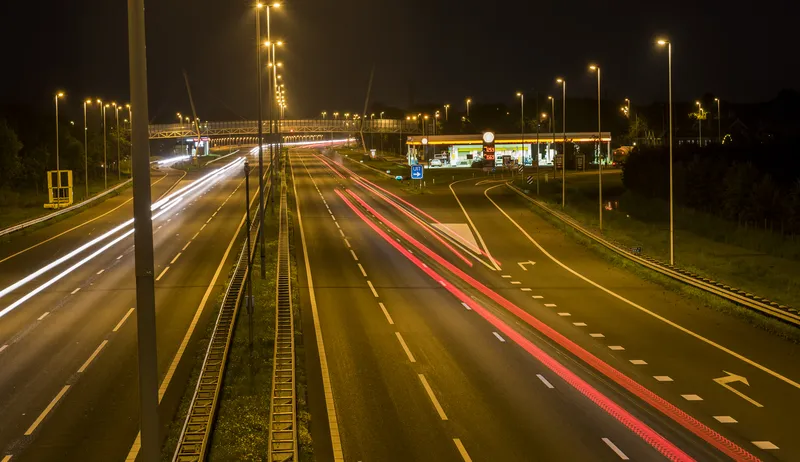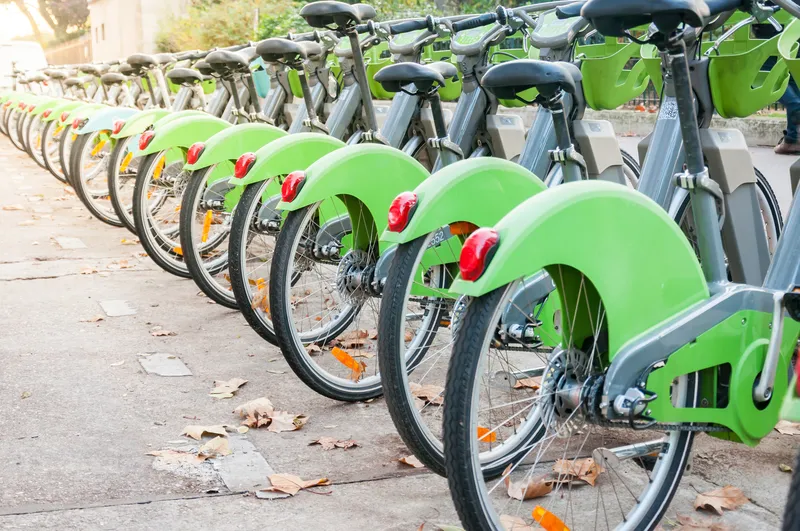
Vehicle miles travelled (VMT) in the UK are running at 83% of pre-Covid levels, according to the latest pan-European figures compiled by analytics and connected car specialist Inrix.
The VMT update, called European Passenger Travel During Covid-19, covers the beginning of March to the end of June. It shows the impact of lockdown on traffic on European roads.
Throughout Europe, 16 of the 19 countries analysed have reached their respective pre-Covid levels of travel.
Belgium, Ireland and the UK are lagging behind and Spain continues its large VMT growth at an average of 19% per week for the month.
In the UK, Liverpool is the only area to surpass the national level.
This indicates much more travel is happening outside of major metropolitan areas, as people work from home and employment centre activity remains low, said the company.
Over the past four weeks, London has averaged a growth rate of 3% and Cardiff saw growth of 7%.
While this difference seems minimal, notes Inrix, it shows that the VMT in Cardiff is actually growing at a rate that is 75% faster than London.









